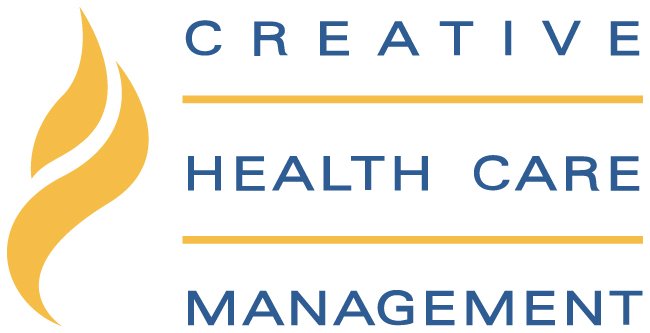What is Moral Distress?
Moral distress is a feeling of moral conflict when an individual is faced with a dilemma in making a decision or taking action that may be inconsistent with their values.
Moral distress can be caused by many factors, such as an ethical dilemma one faces, the severity of the consequences, and whether one feels like they have sufficient time to make a decision. Moral distress can also be caused by physical conditions such as illness or disability.
What is Nursing Moral Distress?
Nurses and health care professionals experience moral distress in situations that pose ethical challenges or when a morally distressing situation occurs. The term ‘moral distress’ was first coined by a group of nurses in the 1970s who were trying to figure out how they could cope with the ethical issues and ethical climate they faced on a regular basis. Jameton, in 1984 defined moral distress as occurring when a nurse “knows the right thing to do, but institutional constraints make it nearly impossible to pursue the right course of action.”
Who Does Moral Distress Affect?
Moral distress can affect individuals in all professions, but specifically those in healthcare settings who work with caring for people who are vulnerable and suffering. Below are some common professionals who feel moral distress, sometimes on a daily basis.
Critical Care Nurses
Critical care nurses are nurses who work in intensive care units, emergency rooms and operating rooms. Critical care nursing involves patient care for those who have life-threatening illnesses, injuries or who are critically ill. Critically ill patients are those who are in danger of dying from their illness or injury. This means that they need immediate medical treatment to help them get better and avoid permanent damage or death.
The critical care nurses provide a wide range of services to their patients such as medication administration, lab work, monitoring vital signs and performing wound care. They care for people who are experiencing emotional as well as physical distress and provide knowledgeable, compassionate care to help patients and their loves cope through a critical time.
Healthcare Professionals
Healthcare professionals are people who work in the health care industry. They are responsible for providing medical treatment, education, and advice to patients. Healthcare professionals have a moral responsibility to take care of their patients. They often experience emotional distress, or physical symptoms of moral distress because they are dealing with so many complex decisions that are sometimes in life-threatening situations.
The most common types of healthcare professionals are doctors, nurses, physical therapists, dentists, and pharmacists. In many cases they provide direct care to patients. However, they also have other roles such as research or management
Symptoms of Moral Distress
The following are the most common symptoms of moral distress:
1) Conflicting Values: Health care professionals often have conflicting values with their employers. For example, an occupational therapist may value creativity but find themselves in an organization that only rewards conformity.
2) Lack of Control: Nurses often feel like they have little or no control over what happens at work. They may also feel powerless to change anything about their job or workplace.
3) Disrespectful Treatment: Health care workers may feel disrespected by how they are treated by other people at work, including patients, managers and coworkers.
4) Unfair Rewards: Some departments may feel like they are not rewarded appropriately.
How Nursing Moral Distress Occurs
Nursing moral distress is when nurses experience a feeling of conflict or opposition between what they do for a living and what they believe.
Common Causes of Moral Distress
The causes of moral distress are usually rooted in how nurses feel about themselves, their patients, their colleagues, and the organization. The most common causes of nurse moral distress, especially during the pandemic, is patient needs exceeding response and capacity to render care.
- Nurses feeling like they are not able to provide quality care to their patients.
- Nurses have trouble making difficult decisions about patient care including medication management.
- Nurses feeling like they are not being respected by other members of the organization or by their peers
Compassion Fatigue
The most common type of moral distress that nurses experience is called ‘compassion fatigue’. Compassion fatigue is a term used to describe the emotional and physical exhaustion that caregivers experience when they are constantly exposed to traumatic or distressing situations.
It is a condition that can be found in people who work in emergency services, acute care settings, social services, and mental health care. Social workers, nurses, doctors and police officers are all at high risk of developing compassion fatigue.
Ethically Challenging Situations
Nurses are faced with a variety of ethical challenges in the workplace, and it is important for them to be aware of these challenges and how to handle them.
Ethical issues that nurses face in the workplace include:
- Dealing with conflicts between patient care and hospital management.
- Dealing with family members.
- Dealing with emotional difficulties that arise from handling life and death situations.
- Handling complaints of by patients.
- Handling complaints of discrimination against certain ethnic groups, genders, religions, etc.
Intensive Care Units (ICU’s)
ICUs are a critical part of any hospital. They are responsible for providing critical care medicine for patients who need it the most.
ICUs provide life-saving treatment to critically ill patients who have been admitted from other places. They provide life-sustaining treatments, such as mechanical ventilation and intravenous fluids, to patients who cannot breathe or drink on their own.
ICUs also monitor and treat any underlying conditions that might be making the patient critically ill, sometimes dying patients, such as infections or heart failure.
Addressing Moral Distress
The first step is recognizing moral distress and to understand what is causing it. The next step in navigating moral distress would be figuring out the best way to address it on an individual level as well as on a company-wide level.
Ways to Reduce Moral Distress
To reduce moral distress, organizations can adopt a more supportive environment in which employees are encouraged to express their concerns without fear of retaliation. They can focus on building a strong connection between the organizational culture and employees’ personal values.
It is important to take steps to address moral distress before it has the chance to escalate into something more serious. There are many ways that have proven effective for most people in addressing moral distress including:
- Identify what your values are
- Find a way of working that aligns with your values
- Recognize the situation for what it is
- Consider what you can change and what you can’t
- Reframe an issue or view it in a new way
What is Moral Courage?
The definition of moral courage is the strength to do what is right, even if it means standing up to people. Moral courage has been a topic of discussion in many different fields such as healthcare, psychology, sociology, law and politics.
Moral courage can be a difficult trait to cultivate. It can take time and effort to recognize when someone needs moral courage in order to act. Recognizing when someone needs moral courage is an important part of recognizing their humanity and acknowledging the need for moral courage in these moments can be an important way of showing that you care about them and are willing to support them.
What is Creative Health Care Management?
Over the last four decades, Creative Health Care Management “CHCM” has helped transform health care with Relationship-Based Care (RBC), delivered comprehensive Magnet® preparation services, and revolutionized the field of competency assessment.
Our experience with moral distress and ethical climate in the workplace is extensive. Our 3 day workshop for Re-Igniting the Spirit of Caring addresses the components of burnout and moral distress. Our 2 day workshop, See Me as a Person provides a relational framework for health care professionals to engage with patients and families and each other in ways that cultivate connection and support. Positive and authentic relationships prevent burnout and compassion fatigue.
CHCM helps organizations recognize moral distress and teaches how to deal and face a moral dilemma and unresolved moral distress.
Our consultants help you leverage the power of relationships across organizations, resulting in everyday innovation and performance improvement. We help you create healing environments where employees are empowered to take ownership of their work, and patients and families truly feel held at the center of care.

Moral Distress in Nursing
Nurses have been found to be at a higher risk of experiencing moral distress due to the nature of their work. Moral distress among nurses is higher due to the need to care for patients who are dying and from patients who are severely ill.

Nursing Engagement
Nursing engagement is a measure of the level of interest, trust, and belief in the hospital. It is an indicator of how well nurses are feeling about their work environment and their colleagues.
There are a number of factors that affect nursing engagement levels. These include work environment, job satisfaction, leadership style, benefits offered by the organization, work-life balance and many more.

Spirituality in Medicine
There are many ways to incorporate spirituality into medical treatment. Doctors and nurses have a fine line between facing institutional constraints and moral dilemma around of end-of-life care and ethically correct action. Experiencing moral distress or having moral residue can make one question their personal integrity.

Moral Conflicts
A moral conflict can be described as an event or situation where an individual faces a decision that has ethical implications. These decisions may be in the form of two or more mutually exclusive choices, each with its own set of consequences. Moral conflicts can also arise from the need to balance competing values, such as between honesty and respectfulness. Organizations should have a structure and process in place to effectively resolve moral conflicts.





